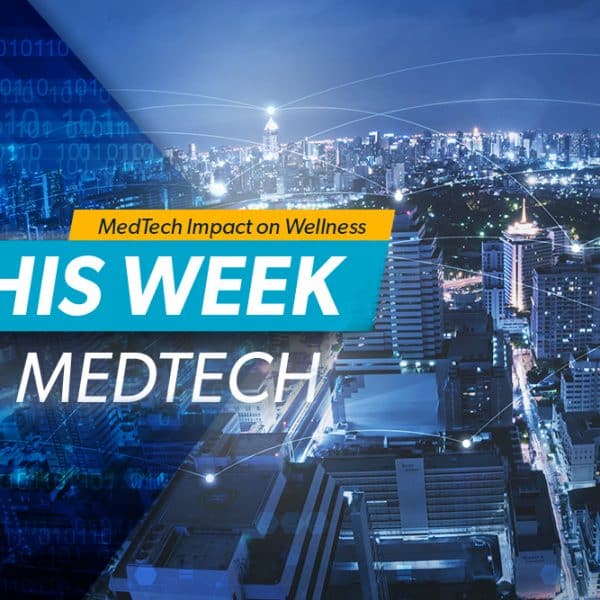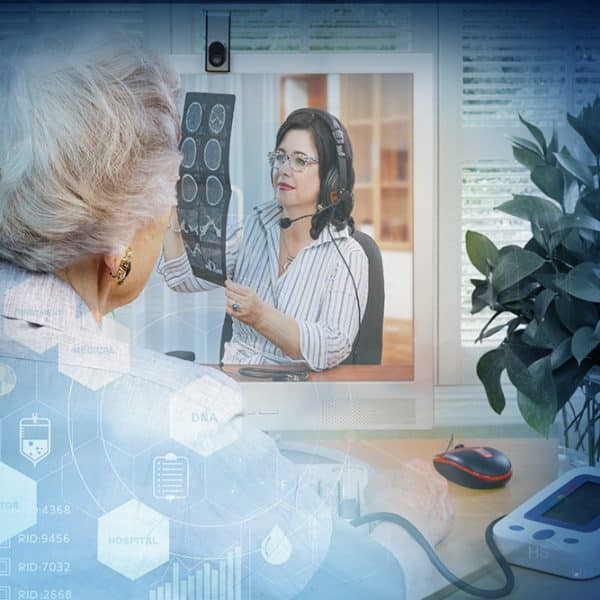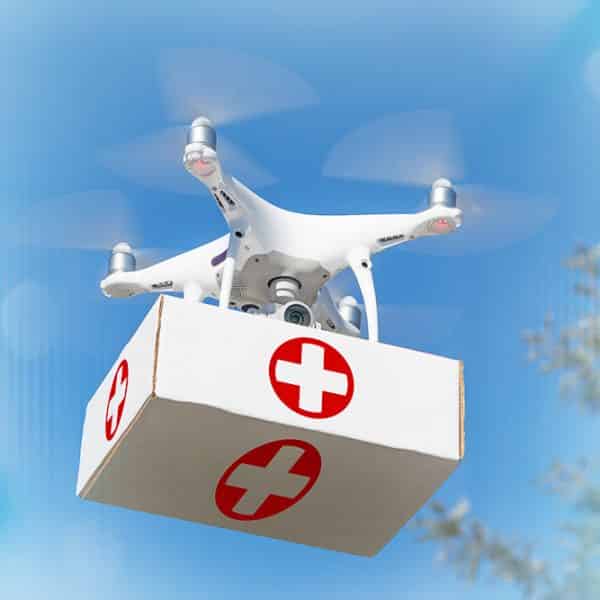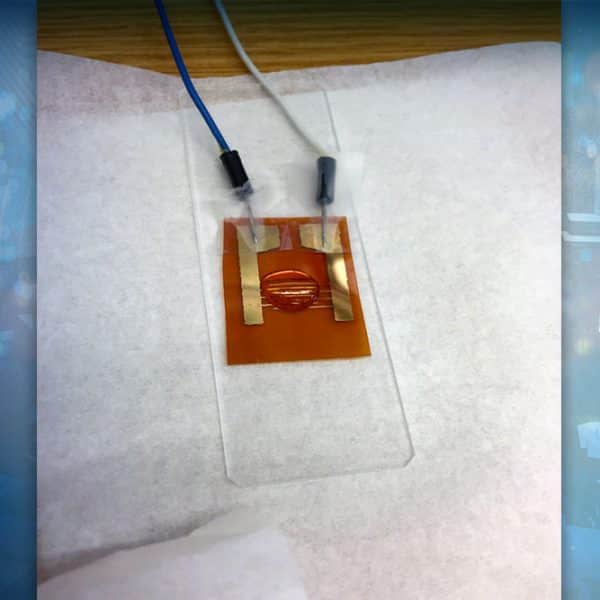Digital Health Market On Track for Its Best Year Ever
A new funding report compiled by Mercom Capital Group has shown that the first half of 2019 has drawn in the largest funding numbers within digital health than any year prior, setting the market to reach unprecedented numbers come the year’s end. In line with previous reports completed by Rock Health and MobiHealthNews, the findings show a to-date funding of $5.1 billion raised by 318 deals (2018 drew $4.9 billion from 383 deals). The report further broke down the market funding through highlighting the highest funding market segments. Analytic startups currently lead the market with $1.1 billion, followed by telemedicine with $896 million and mobile health apps with $627 million. The findings have led many industry experts and stakeholders to express hesitant concern on a possible market bubble, such as Cercom Capital Group CEO, Raj Prabhu who shared: “We are in an ‘invest first and ask questions later’ environment where investors are more worried about missing out in this hot space. After a long hiatus, we are seeing several digital health companies entering the IPO market in the US. Successful IPOs could open the floodgates, whereas if IPOs fizzle out, it could shut the IPO exit path for many digital health companies.”
Mount Sinai Collaborates With LabCorp on AI Pathology Center
LabCorp and The Mount Sinai Health System have announced an additional aspect of their ongoing partnership: the two organizations will work together to develop the Mount Sinai Digital and Artificial Intelligence-Enabled Pathology Center of Excellence. LabCorp, which has previously implemented the Philips IntelliSite Pathology Solution into four of its laboratories will introduce the technology to all remaining location. In utilizing its expertise in digital pathology, LabCorp will help lead the integration into clinical practices throughout Mount Sinai’s hospitals. In a statement, Dr. Carlos Cordon-Cardo, chairman of the Department of Pathology, Molecular and Cell-Based Medicine at the Mount Sinai Health System shared: “Digital pathology gives us the unprecedented opportunity to expand our services to the community at large, and engage members of our department, considered key opinion leaders in their field, to provide expert diagnostic opinions in complex cases.” As one of the largest academic departments of its kind nationwide, the department processes over 80 million diagnostic tests each year.
First AI Pathology Tech With “Clinical Grade Accuracy”
Researchers associated with medical tech startup, Paige and Memorial Sloan Kettering Cancer Center have published a new article which details its artificial intelligence based detection system for identifying prostate cancer, skin cancer, and breast cancer. Published within the peer-reviewed medical journal, Nature Medicine, the company claims to have achieved “near-perfect accuracy.” In the article, the researchers describe the tech as having employed deep learning train on a data set of almost 45,000 slide images taken from more than 15,000 patients across 44 countries. In a statement, Co-Founder and Chief Scientific Officer of Paige, Dr. Thomas Fuchs shared: “After years of in-depth, comprehensive modeling, training, and testing, we are thrilled that Nature Medicine has published our paper, which demonstrates our ability to train accurate classification models at unprecedented scale, and validates our mission to create the world’s first clinical-grade, artificial intelligence in pathology.” The next step for the company is to begin the commercialization of the tech.
Physician Interest In Telemedicine Doubles
A new analysis completed by professional medical network, Doximity, has demonstrated a significant increase in physician interest in telemedicine. The analysis found that the number of physicians who self-reported telemedicine as a skill double between 2015 and 2018 and continues to trend upwards by 20%. According to a recent JAMA study, the trend correlates with the growing number of telemedicine patient visits which has increased by 261% annually between 2015 and 2017. The Doximity report noted: “In 2018, the global telemedicine market was valued at over $38.3 billion. By 2025, it’s projected that this market will exceed $130.5 billion.”










